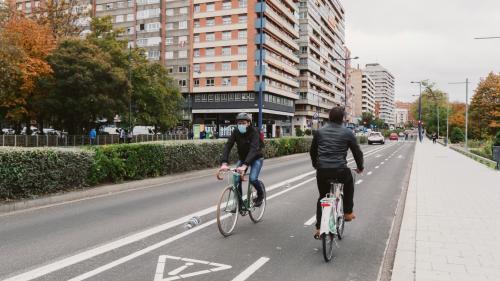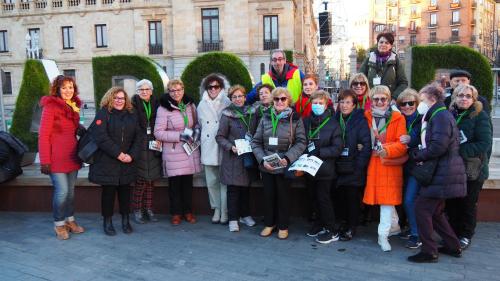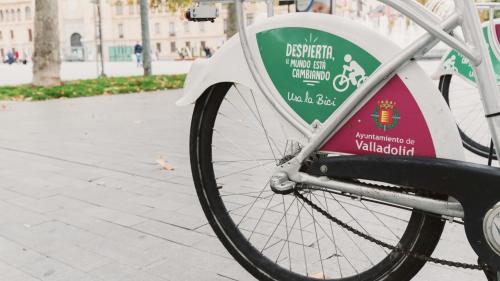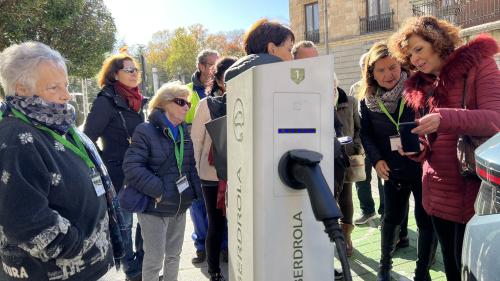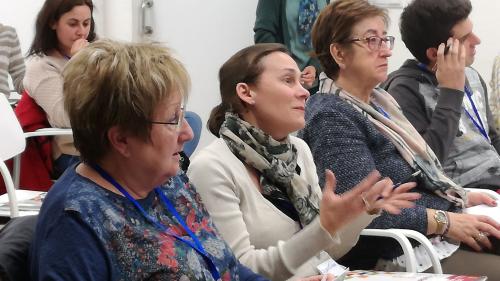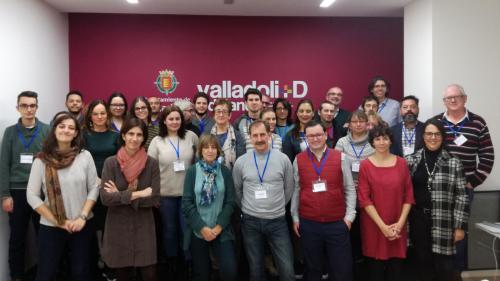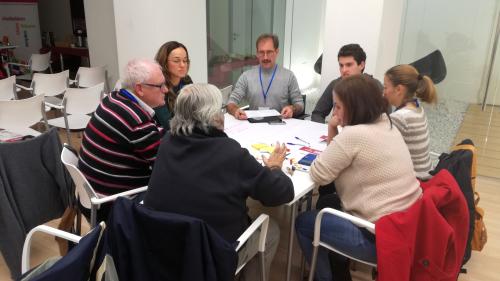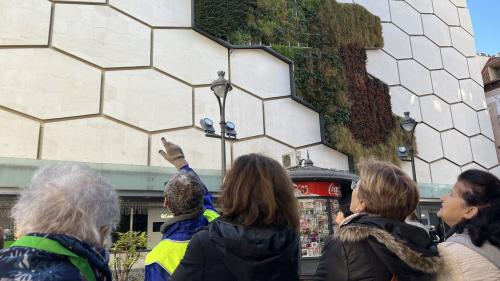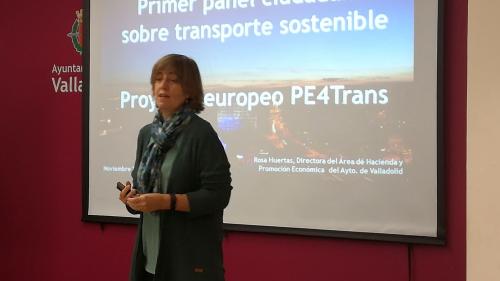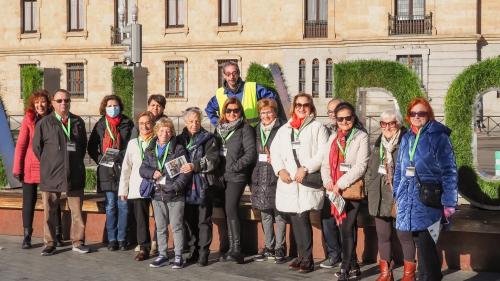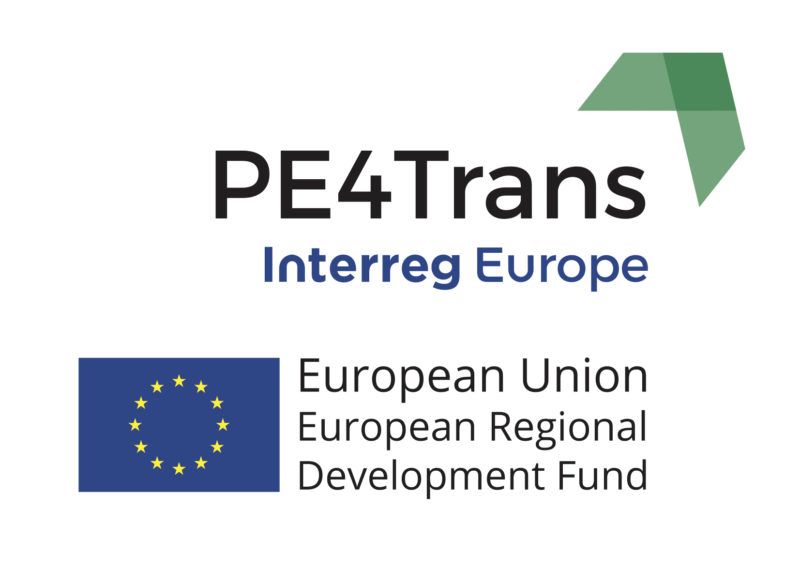
Improving public transport policies through citizen participation processes is the main objective of PE4Trans (Public Engagement for Sustainable Public Transport), an Interreg Europe project.
It implies, therefore, that users contribute their vision in the design and planning of sustainable transport, in order to change their routines and habits, and promote the use of mobility solutions that contribute to a significant reduction of the carbon footprint. The central axes of the project revolve around the low carbon economy and the sociological approach that affects the behavior of citizens as a key factor in a change of mentality.

Participation and citizen behavior
As a principle for the improvement of transport policies, PE4TRANS proposes an approach "for the citizen, by the citizen and with the citizen" that revolves around two essential axes:
Influence citizen behaviour, based on knowledge and good practices of sustainable solutions based on economics, sociology and psychology to stimulate change towards more balanced routines and habits in the use of urban transport.
Develop participatory processes to involve citizens in the process of drawing up and defining policies in this field.

Low carbon economy
In order for public mobility management in the 5 territories involved in the project to be based on sustainability criteria, PE4Trans takes already defined policies and strategies as its starting point. In the case of Valladolid, the Sustainable and Integrated Urban Development Strategy (INNOLID 2020+) has been taken as a point of reference, specifically its thematic objective 4, "Low carbon economy" and the Sustainable Urban Mobility Plan. Sustainable Urban Mobility Plan
Based on the Comprehensive Plan for Urban, Sustainable and Safe Mobility of the City of Valladolid (PIMUSSVA), and the line for the promotion of public transport, a reference report has been prepared, through territorial surveys, a panel of citizens and other techniques, which, together with the analysis of public transport already carried out in the PIMUSSVA, have made it possible to map the practices and behaviors of citizens in the use of public transport.
These results, together with the conclusions of the different citizen panels that have been carried out throughout the project, have made it possible to draw up a specific action plan for the promotion of public transport in Valladolid that will be included in the mobility plan.

An action plan adapted to people
The citizen is the center of this action plan and also the main actor of the design with their participation in the "Citizen Panels". By including people in the design of these types of measures, their habits and needs are taken into account and more effective mobility solutions are generated that can contribute to a significant reduction in the carbon footprint.
Valladolid is also responsible for the design of the methodology – common to the entire consortium – regarding the selection and presentation of good practices in promoting collective transport.
Key facts
PROGRAMME
Interreg Europe
Sustainable movility
TOTAL BUDGET
1.430.658 €
MUNICIPAL BUDGET
208.312 € (85% funded)
PROJECT PARTNERS
Association of Kalisz-Ostrow Municipalities (Poland), Coventry University (UK), Aristotle University of Thessaloniki (Greece), Municipality of Valladolid (Spain), District of Grafschaft Bentheim (Germany)
PROJECT COORDINATOR
Adam Mickiewicz University Foundation, Poznan Science and Technology Park (Poland)

